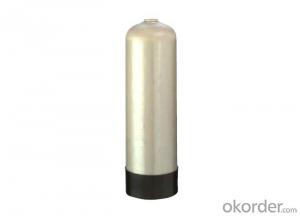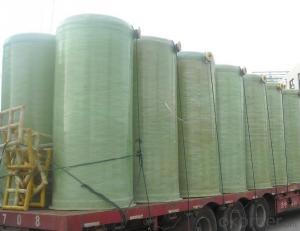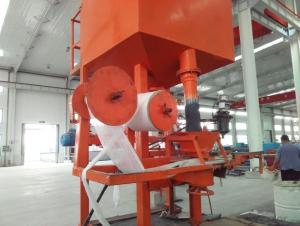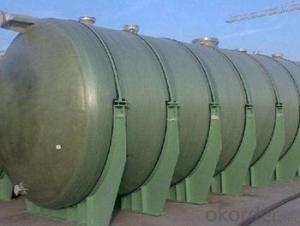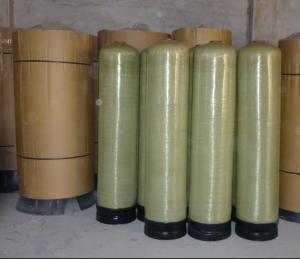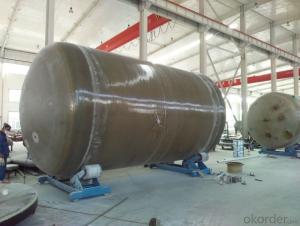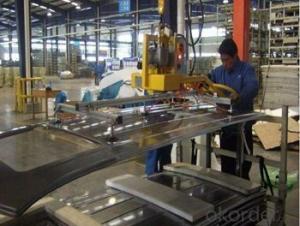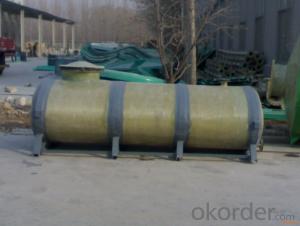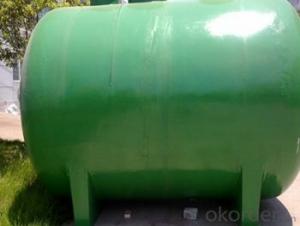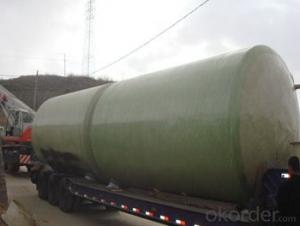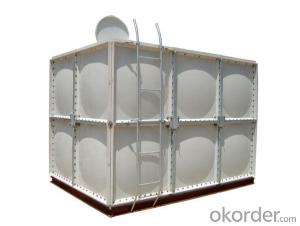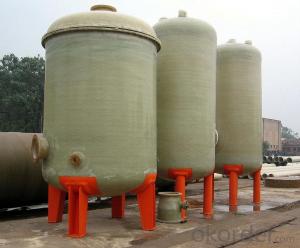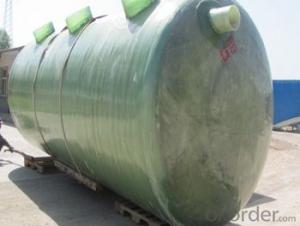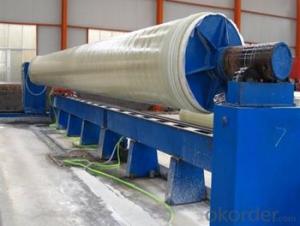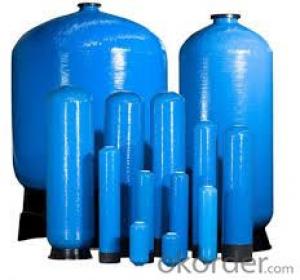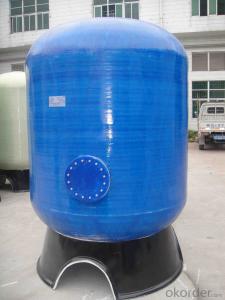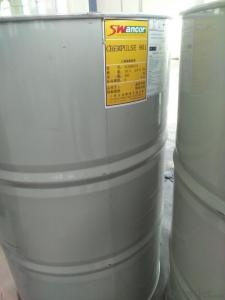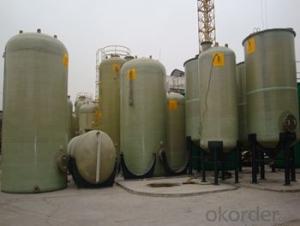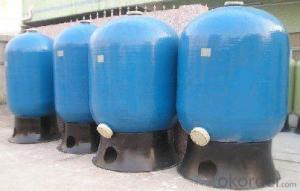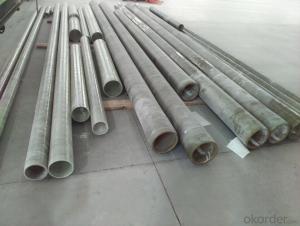All Categories
- - Steel Wire Rod
- - Steel Coils
- - Steel Profiles
- - Steel Pipes
- - Stainless Steel
- - Tinplate
- - Special Steel
- - Steel Sheets
- - Steel Rebars
- - Steel Strips
- - Hot Rolled Steel
- - Cold Rolled Steel
- - Pre-painted Steel
- - Seamless Steel Pipe
- - Welded Steel Pipe
- - Hollow Steel Tubes
- - Galvanized Pipe
- - Stainless Steel Coil
- - Stainless Steel Sheet
- - Stainless Steel Plate
- - Stainless Steel Strips
- - Electrolytic Tinplate Coil
- - Electrolytic Tinplate Sheet
- - Stainless Steel Rebars
- - Solar Panels
- - Solar Water Heater
- - Solar Related Products
- - Solar Inverter
- - Solar Cells
- - Solar Light
- - Solar Energy Systems
- - Solar Controllers
- - Solar Mounting System
- - Solar Pump
- - Solar Chargers
- - Fiberglass Chopped Strand
- - Fiberglass Mesh Cloth
- - Composite Pipes
- - FRP Pultrusion Profiles
- - Fiberglass Mat Tissue
- - Fiberglass Fabrics
- - Fiberglass Mesh
- - Composite Tank
- - Fiberglass Mesh tape
- - Polymer
- - FRP Roofing Panel
- - Fiberglass Roving
- - Monolithic Refractories
- - Ceramic Fiber Products
- - Refractory Bricks
- - Raw Materials For Refractory
- - Suspended Platform
- - Cranes
- - Concrete Machinery
- - Earthmoving Machinery
- - Building Hoist
- - Road Building Machinery
- - Plastic Pipe Fittings
- - Plastic Tubes
- - Plastic Sheets
- - Agricultural Plastic Products
- - Plastic Nets
 All Categories
All Categories
Q & A
Can composite tanks be used for the safe transportation of hazardous chemicals on highways and railways?
Yes, composite tanks can be used for the safe transportation of hazardous chemicals on highways and railways. Composite tanks are designed to be resistant to corrosion, lightweight, and have high tensile strength. These properties make them suitable for safely transporting hazardous chemicals, as they can withstand the harsh conditions and potential impacts during transportation. Additionally, composite tanks can be equipped with safety features such as pressure relief valves and leak detection systems to ensure the safe containment of hazardous materials.
What are the fire resistance properties of composite tanks?
Composite tanks generally have good fire resistance properties due to the materials they are made from, such as fiberglass reinforced plastic (FRP) or carbon fiber reinforced polymer (CFRP). These materials do not ignite easily and have a high resistance to heat and flames. Additionally, composite tanks are often designed with fire-resistant coatings or linings to further enhance their ability to withstand fire. Overall, composite tanks are considered to be a safe choice for storing flammable or combustible liquids.
How do composite tanks perform in applications with high pressure differentials?
Composite tanks perform well in applications with high pressure differentials. Due to their strong and durable construction, composite tanks can withstand the high pressure differentials without experiencing any leakage or structural failures. The materials used in composite tanks, such as carbon fiber reinforced polymers, are highly resistant to pressure and provide excellent strength-to-weight ratio. Additionally, composite tanks are designed to have superior fatigue resistance, ensuring their long-term performance even under continuous high pressure differentials.
Are there any special considerations for composite tanks used in high-altitude aerospace applications?
Yes, there are several special considerations for composite tanks used in high-altitude aerospace applications. Firstly, the tanks need to be designed and manufactured to withstand the low temperatures and high pressure differentials experienced at high altitudes. Additionally, the composite materials used must have low permeability to prevent gas leakage. Structural integrity is crucial, as the tanks have to withstand the stresses of high-altitude flight, including vibration and potential impacts. Lastly, weight reduction is a key factor, as composite tanks offer the advantage of being lighter compared to traditional metal tanks, contributing to fuel efficiency and overall performance in high-altitude aerospace applications.
Wholesale Composite Tank from supplier in Niue
Our team of experts is committed to delivering exceptional customer service and will work closely with you to understand your requirements and provide customized solutions. We offer a wide range of Composite Tanks in various sizes and configurations, ensuring that we can meet the needs of any project in Niue. Our tanks are manufactured using high-quality materials and advanced manufacturing techniques, ensuring durability and reliability.
In addition to our sales and supply services, we also offer comprehensive technical support. Our team of engineers is available to assist with installation, maintenance, and troubleshooting, ensuring that your Composite Tanks operate efficiently and effectively. We understand the importance of minimizing downtime and maximizing productivity, and our technical support services are designed to help you achieve these goals.
At CNBM, we prioritize customer satisfaction and strive to exceed your expectations. Our commitment to quality, reliability, and excellent customer service sets us apart as a trusted supplier of Composite Tanks in Niue. Contact us today to discuss your specific requirements and let us provide you with the best solutions for your projects.
In addition to our sales and supply services, we also offer comprehensive technical support. Our team of engineers is available to assist with installation, maintenance, and troubleshooting, ensuring that your Composite Tanks operate efficiently and effectively. We understand the importance of minimizing downtime and maximizing productivity, and our technical support services are designed to help you achieve these goals.
At CNBM, we prioritize customer satisfaction and strive to exceed your expectations. Our commitment to quality, reliability, and excellent customer service sets us apart as a trusted supplier of Composite Tanks in Niue. Contact us today to discuss your specific requirements and let us provide you with the best solutions for your projects.
Hot Search
- Fiberglass Chopped Strand in Czech Republic
- Fiberglass Mesh Cloth in Lesotho
- Composite Pipes in Timor Leste
- FRP Pultrusion Profiles in Italy
- Fiberglass Mat Tissue in Netherlands
- Fiberglass Fabrics in Cyprus
- Fiberglass Mesh in Cuba
- Composite Tank in Argentina
- Fiberglass Mesh tape in South Africa
- Polymer in Andorra
